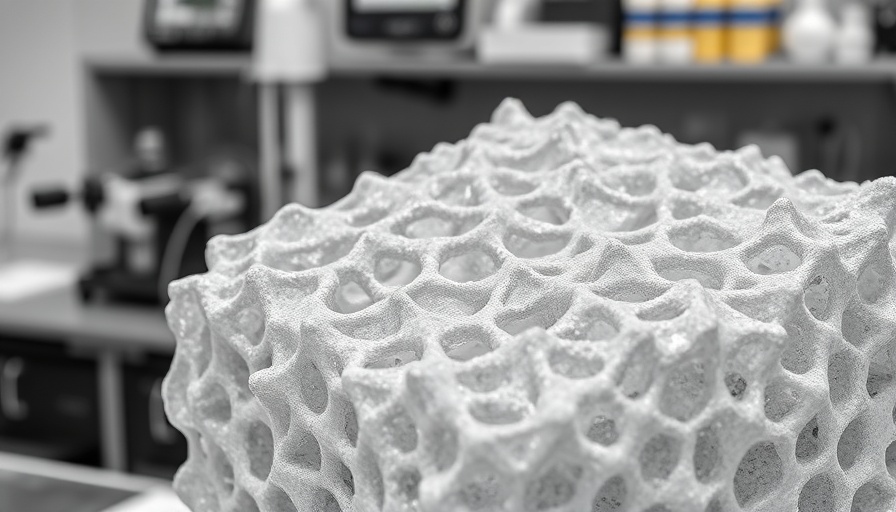
Discovering Mesoporous Silicon: The Future of Semiconductors
In the realm of semiconductor technology, the emergence of mesoporous silicon is creating ripples of excitement. Scientists from the Helmholtz-Zentrum Berlin have pioneered a unique etching process that yields mesoporous silicon layers, revamping the material’s properties and opening doors to novel applications. With its intricate network of nanometer-sized pores, this specialized silicon variant not only enhances electrical and thermal conductivity but also promises breakthroughs in various technological fields, most notably in quantum computing.
Unveiling the Fundamental Mechanisms
For many years, researchers struggled to unlock the complexities behind charge transport in silicon nanostructures. Understanding how charge carriers, namely electrons, move within these porous frameworks is crucial for optimizing their application. Recent investigations led by Dr. Klaus Habicht and his team have revealed that electrons in wave-like states primarily dominate charge transport, challenging previous assumptions of localized electron hopping. This revelation not only enhances the understanding of mesoporous silicon but lays a foundation for enhancing its functionality in practical applications.
A Grasp on Quantum Computing Potential
What potentially sets mesoporous silicon apart is its applicability in quantum computing. As quantum bits, or qubits, struggle with thermal instability, the ability of mesoporous silicon to act as a superior thermal insulator could be a game-changer. Its low thermal conductivity offers an advantage, keeping qubits stable and functional for longer periods of time. Think of it as an insulating foam in construction—keeping the vital heat away from the qubits and allowing them to retain their crucial states.
Diverse Applications Await
The implications of mesoporous silicon extend beyond quantum computing. Its expansive internal surface area makes it a suitable candidate for biosensors, battery anodes, and capacitors. These elements could reshape the tech landscape, influencing the efficiency of consumer electronics, renewable energy systems, and biotechnological advancements. Effectively, mesoporous silicon could define a new era for silicon-based technologies.
Looking Ahead: The Future of Silicon in Tech
As we forge forward, the investigation into mesoporous silicon is just beginning to scratch the surface of its potential. The continuous refinement of synthesis techniques and the exploration of its hybrid applications pave the way for unprecedented opportunities in semiconductor technologies. As scientists continue to delve deeper into its capabilities, mesoporous silicon stands to redefine performance standards across a spectrum of advanced applications.
Staying informed about such advancements holds value for enthusiasts and professionals alike. The rise of mesoporous silicon not only symbolizes an evolution within semiconductor technology but also mirrors the inherent adaptability and ingenuity of material science. Readers are encouraged to keep a lookout for further developments in this promising field, which may soon influence their everyday technologies.
 Add Row
Add Row  Add
Add 


Write A Comment